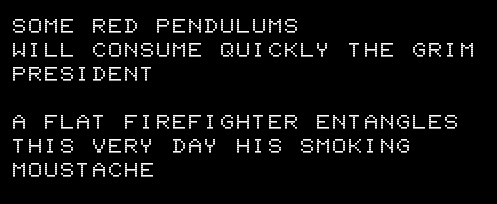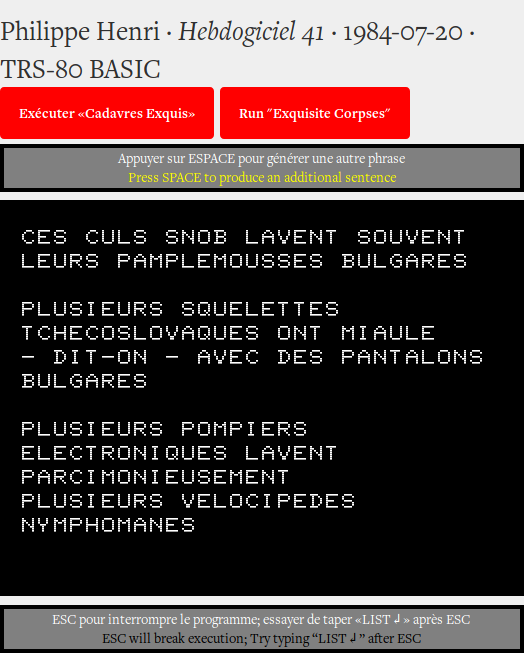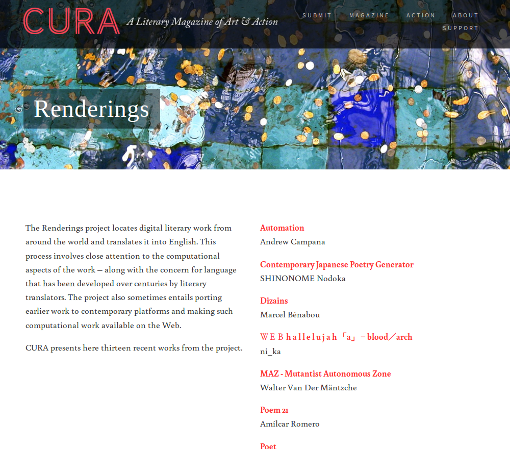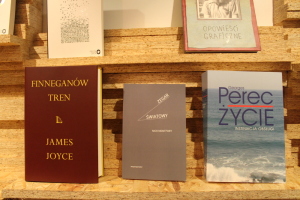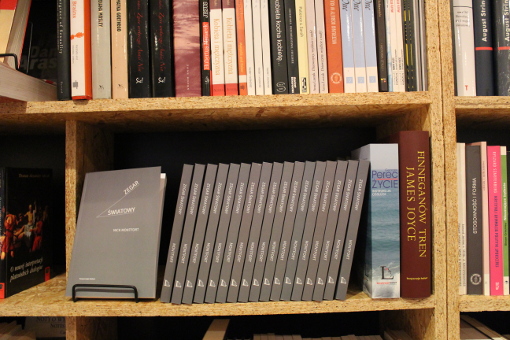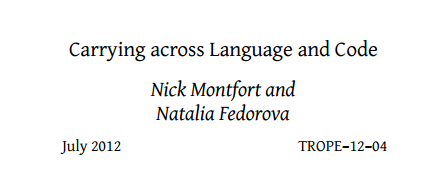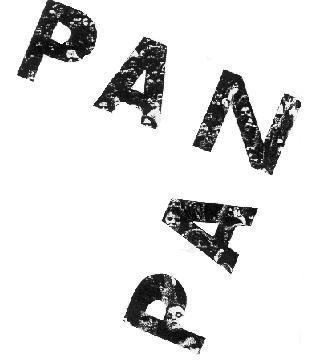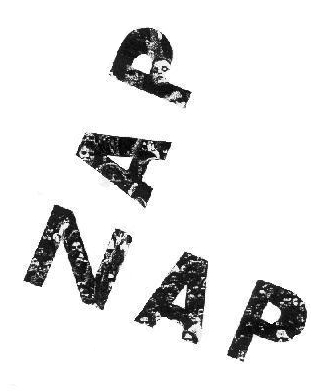The Electronic Literature Organization‘s conference at Brown University has new concluded – the workshops, performances, screenings, exhibits, and sessions all went very well, as did the coffee breaks and other times for informal conversation. Many thanks to the organizer of ELO_AI (Archive & Innovate), John Cayley!
The conference was a celebration of and for Robert Coover, co-founder of the Electronic Literature Organization and major American novelist, whose teaching and promotion of electronic literature has been essential to the field. Robert Coover was toasted and at least lightly roasted, heard papers presented on his work, and did a reading of the “recently renovated Hypertext Hotel” – a famous early project by students which did indeed turn out to have some recent renovations.
ELO_AI began on Thursday with an array of workshops by Damon Loren Baker, John Cayley, Jeremy Douglass, Daniel Howe, and Deena Larsen. Deena Larsen was later part of a great roundtable on archiving with Will Hansen, Marjorie Luesebrink, and Stephanie Strickland; the group discussed Duke University’s work with Stephanie Strickland’s papers (and digital works), the Deena Larsen Collection at the University of Maryland, and the efforts that the ELO made in the Preservation, Archiving, and Dissemination project. On the first day of the conference, Mark Marino organized a great panel with four undergraduate presenters. And, there was an opening reception at the Westminster Street gallery where an excellent show of digital literary work has been put together. While there was an array of work (in the screenings, performances, gallery, and sessions) from people who were presenting at an ELO conference for the first time, I was also glad to see many of the people who were instrumental in creating and publishing literary work on the computer more than a decade ago.
Without trying to enumerate every session of the conference, I’ll mention the Sunday 10am plenary to try to get across how wide-ranging the presentations and presenters were. In this session, George Landow, author of the famous Hypertext: The Convergence of Contemporary Critical Theory and Technology (1992), told the tragicomical tale of hypertext’s use in education at Brown. Angela Chang and Peggy Chi described two interactive projects for very young readers, projects that used my Curveship system and the Open Mind Common Sense project from Henry Lieberman’s MIT Media Lab group. Lawrence Giffin used the not-very-democratic framework of the salon to consider the important avant-garde site Ubuweb. And finally, Paola Pizzichini and Mauro Carassai looked into the Italian edition of Michael Joyce’s Afternoon and its almost total absence from Italian libraries. Certainly, some sessions were more focused – very focused in the case of the one on William Poundstone’s digital writing work; at least with a theme of process intensity, in the case of the session were I presented my work on Adventure in Style. But we had a genuinely diverse group of presenters, and sessions like this one on Sunday revealed this, while also showing that we do have cross-cutting interests and that we can have valuable conversations.
A special area if interest for me, interactive fiction, was represented by Aaron Reed, who did a reading of his Blue Lacuna in which he deftly showed both interactive sessions and the underlying Inform 7 code while a volunteer interactor spoke commands. Aaron Reed also gave a paper on that large-scale piece, explaining his concept of interface and his work on developing a non-player character who ranged across different spaces without being a simple opponent or companion character. In the same performance session and paper session, I got to see and learn more about Fox Harrell’s Living Liberia Fabric, a piece produced in affiliation with the Truth and Reconciliation Commission (TRC) of Liberia, incorporating video testimony, and employing Fox Harrell’s GRIOT system for poetic conceptual blending.
We welcomed new ELO board members and officers. Joining the ELO board are Fox Harrell, Caroly Guertin, and Jason Nelson. Dene Grigar took office as vice president, and Joe Tabbi completed his term as president, handing that role over to me.
During the sessions, we heard critical perspectives on many particular electronic literature work and some on the ELO itself, which will help us think about the challenges the Organization faces and how we can better serve readers and writers beyond American universities. The ELO has had ten years of growth and learning by now, and while there will be more of each to do, our four main projects are now well enough established that all of them are past 1.0:
- The Electronic Literature Collection, the second volume of which has been edited and produced by an independent editorial collective and will be published soon.
- The Electronic Literature Directory, which in its new manifestation offers community-written descriptions as well as metadata.
- Our conference – this most recent one at Brown was our fourth international gathering.
- Our site and our online communications, which offer information about the ELO and an introduction to electronic literature.
I’m glad to be starting my service as president of the ELO at a time when the organization has just had a very successful conference and has these other effective projects rolling. Thanks to Joe Tabbi and other past presidents and directors of the Organization for bringing us to this point – and, again, to John Cayley for bringing us all together at Brown.


